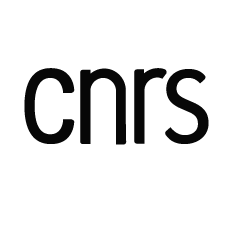seminaire de J. Bergthorson
SéminaireNitric oxide emissions (aka NOx) are important regulated pollutants that have negative environmental and health impacts. Low-carbon fuels, such as hydrogen, e-methanol, or ammonia, do not produce particulate emissions (aka soot) and, as such, NOx become the key emission of concern. This is especially true for the gas-turbine industry, where emissions must be minimized in the combustor to avoid the need for costly exhaust aftertreatment. Recent experiments at McGill have measured NO profiles in laminar stagnation flames of methane and hydrogen at variable pressure and temperature in order to sensitize the experiments towards the different NO formation routes. This design of experiment (DoE) approach provides unique operating conditions, generally outside the traditional validation targets, to challenge current thermochemical models and provide chemically-independent datasets for model improvement. Uncertainty Quantification tools are used to assess the uncertainty in NO predictions from combustion chemistry models and statistical inference shows that such indirect measurements can not only provide significant insight into how to constrain reaction rates in the nitrogen chemistry, but also in the base chemistry towards the development of robust mechanisms that can be used as accurate design tools.


